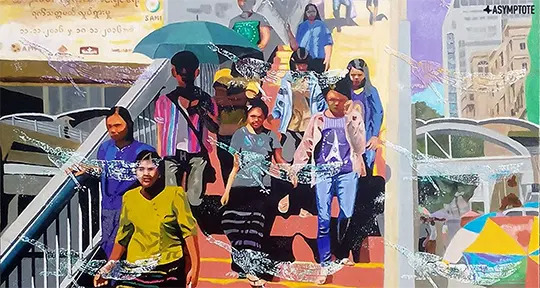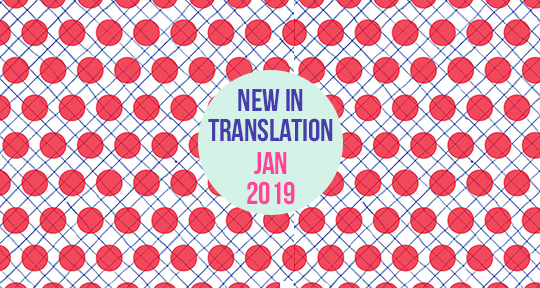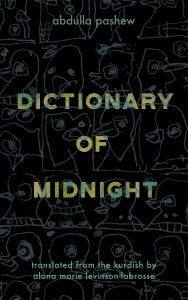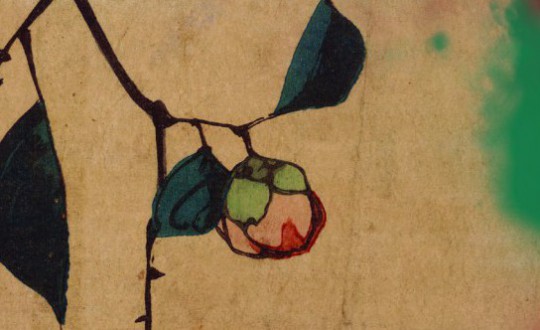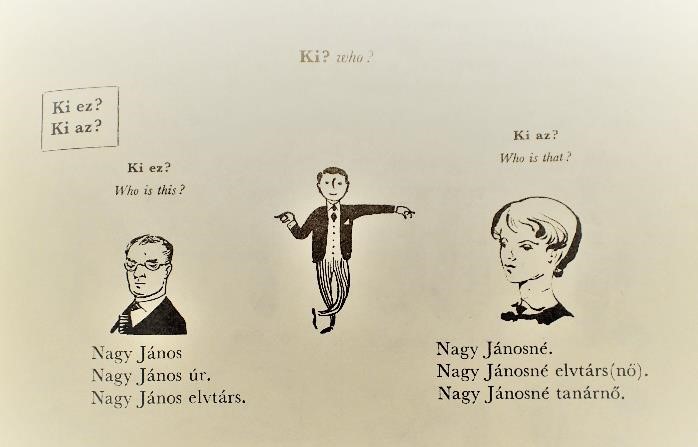In the following essay, Charlie Robertshaw analyses the influence of Myanmar’s civil war on Burmese poetry, interrogating the expectation for writers and poets to bear “witness” to atrocities. Robertshaw concludes the essay in dialogue with eight Burmese poets, discussing the advent of the internet, gender and sexuality, and censorship in Myanmar’s literary scene.
For a more detailed historical overview of Burmese poetry, Robertshaw recommends Ruth Padel’s preface and Zeyar Lynn’s introduction to Bones Will Crow: An Anthology of Burmese Poetry, selections of which have been published in Asymptote.
No one
bears witness for the
witness.
— Paul Celan (“Aschenglorie/Ashglory.” Trans. Pierre Joris, 1942)
Are you still a writer if you don’t publish? Are you still a writer if you keep your writing locked in a drawer and only show it to people you trust? Are you still a writer if you destroy every word you write?
— Eula Biss (“The Price of Poetry.” The Massachusetts Review 42.1 (2001): 9-11)
For Burmese poets, to be able to fly the little kite ‘poetry’ high in the sky, they must start from very far away.
— Anonymous Burmese poet (personal interview, 2022)
The shock of Myanmar’s 2021 military coup has faded and global media attention has waned, but within the country, economic turmoil, forced recruitment, and the junta’s atrocities persist. As part of an ongoing campaign to intimidate, disgust, and dishearten onlookers, in October 2024 soldiers displayed the heads and limbs of dismembered civilians on stakes outside Si Par village, Budalin township, Sagaing division. Even recounting these atrocities provokes conflicting impulses—to “look” or to “look away”—and in the background, the longstanding ethical question, particularly prominent today as the the Gazan genocide is essentially livestreamed: what responsibility do we have to witness the suffering of others?

